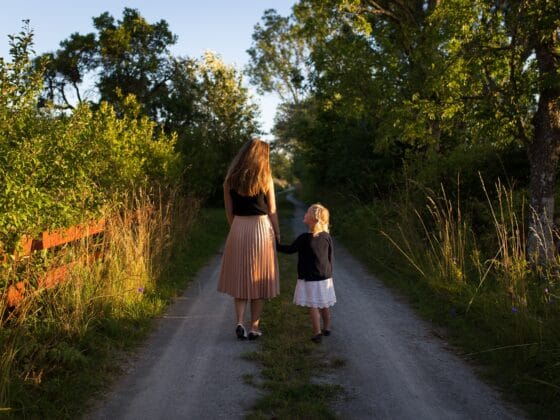Undeniably your children are your most important and valuable asset. Similar to the way you protect your property by buying home insurance, you should ask yourself the following question: what have I done to protect my children?
It’s sad to imagine, but should something happen to both parents, children under 18 years old will need a guardian to take care of them as well as make decisions for them. Guardians should be appointed by the parents in either a Will or a deed. A deed is more ideal as it allows guardians immediate access to the children and can be kept as an original document by the guardians for record. The original Will in such an unfortunate event will likely be probated in the Hong Kong Courts, and the guardians will no longer be in possession of an original document to show their official appointment as guardians.
What happens if both parents pass away without a legal appointment of guardianship in place?
Detrimentally in some cases in Hong Kong, social services can act swiftly in taking children under their care and placing them in a local orphanage. When this happens, it is up to the Courts to appoint a guardian for the children. This process can be a lengthy one as all family members are considered and consulted. Any disagreements may mean that the children remain under the care of the Hong Kong government through the Social Welfare Department. Only specific visitation rights are given until the dispute is resolved. Interestingly, in many cases the father’s family has the strongest chance of being granted guardianship. The best solution to make sure that your children do not become a part of Hong Kong’s social welfare system would be for parents to prudently appoint legal guardians.
Specific legislation in Hong Kong
The Guardianship of Minors Ordinance (Cap. 13) plays a crucial role in making arrangements for the long-term welfare and interests of your children. Specifically, pursuant to Sections 6(1) and 6(2) of the Ordinance, parents and current guardians can appoint other people to act as future guardians for their children who are still minors in the event of the death of both parents or the current guardians. In addition to covering the children’s basic needs, such as their living and medical expenses, such appointments will require the need to take into account the views and opinions of the children especially when the children are reaching the age of majority and have the capacity to make decisions on their own.
A person appointed as the guardian of a minor has parental rights and authorities with respect to the minor once guardianship assumes. Most guardian appointments terminate when the child reaches 18 years old or passes away. It similarly ends when the guardian passes away or is removed from guardianship by the Court. A guardian appointed by a parent or guardian may be removed by the Court if the Court thinks such action is in the best interest of the minor.
Pursuant to Section 7 of the Ordinance, a person appointed by a parent or guardian as the guardian of a minor will automatically assume guardianship over the minor upon the death of the appointing parent (or appointing guardian) who has custody of the child before death and there’s no surviving parent or guardian at that moment. A person appointed as a guardian may, after the appointing parent or appointing guardian dies, apply to the Court to assume guardianship over the minor. Under the Court’s discretion, it may be ordered that the person:
1) act jointly with the surviving parent or surviving guardian;
2) act as the guardian after the minor no longer has any parent or guardian;
3) act as the guardian of the minor at a time of – or after the occurrence of – an event specified by the court;
4) be removed as a guardian; or
5) act as the guardian of the minor to the exclusion of the surviving parent or surviving guardian.
The appointment of guardianship made under the Ordinance revokes an earlier appointment (including ones made in a Will) unless it is made clear that the later appointment is meant to appoint an additional guardian.
Our team at Hugill & Ip has extensive experience in dealing with children custody issues and Hong Kong family laws, so kindly get in touch with us to find out how we can help.
This article is for information purposes only. Its contents do not constitute legal advice and readers should not regard this article as a substitute for detailed advice in individual instances.




